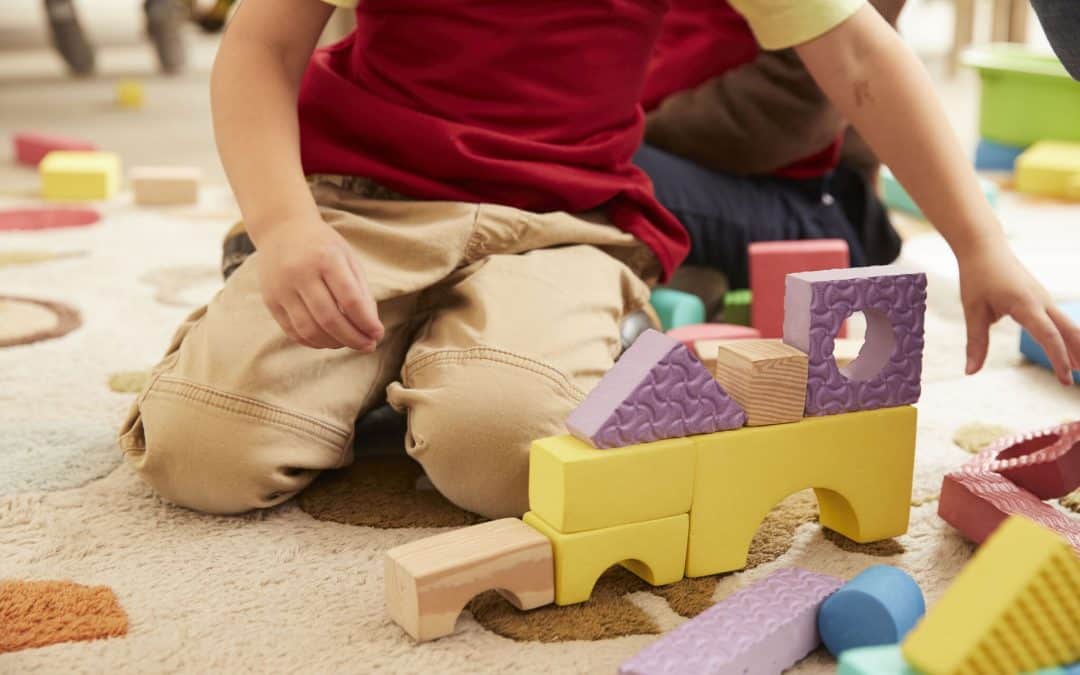During the COVID-19 crisis, schools are shut down and children are missing the socialization that comes with seeing their friends. While parents are facing many challenges associated with homeschooling, working from home, balancing work and having children at home, and financial struggles (as well as our own loneliness), the loneliness children face can be overlooked or forgotten.
If your child is acting out during this time, it could be a sign that he or she:
- Is missing the structure that comes with having a routine (school routine, friends and family routine, etc.)
- The child is feeling big emotions, not least of which is probably loneliness
6 Tips for Helping Your Child Cope with Loneliness During COVID-19
If you have a large household, you may wonder if your child can really be feeling lonely during this time. After all, you’d probably give anything for a moment of silence and solitude right about now. However, much like time with our adult friends is much different from time with family, a child’s time with their young friends is also much different from family time.
Make Time to Play
How much playtime was your child spending with friends before people the stay-at-home orders? There’s no way for you to match that with your child but making an effort to add a little extra playtime can be a big help to your child. Make time to be as non-parent as possible—be silly, play games you usually wouldn’t play, use your imagination, and make silly jokes. Your child will be thrilled.
Facetime Friends
Many parents are helping their children reach out to friends through Facetime or Facebook Messenger Video.
“I was surprised that my 6-year-old spent 2 ½ hours just talking and giggling with her friend over Facetime. They caught up, talked about their schoolwork, talked about the fun things they were doing at home, and even played games like rock-paper-scissors together. When the other mom and I first got on we thought we’d have to stimulate conversation, but once we left them alone, they really connected and had an amazing time. It was definitely an eye-opener to me that she needs more of that connection with her friends during this time.”
– Mother of One
Some experts note that young children may not get much out of a virtual experience with friends, but that for school-aged children, this can be a big benefit.
Spend Time Outside
This is a good time to get outside with the kids for some good old-fashioned sunshine. Getting active outdoors will not only help take your child’s mind off being lonely but will also help produce some much-needed “feel good” feelings.
Make Plans
Sometimes, having a light at the end of a tunnel can be what helps get us through a difficult time. Work with your kids to come up with fun ideas to spend time during this period of isolation. What types of fun foods can you cook together? What fun activities can you do outside?
Talk to Your Kids
Even though we may have a gut reaction about our child being lonely, some kids may not actually feel this way. Talk to your kids using simple open-ended questions. Don’t “lead the witness” by asking “Are you feeling lonely right now?” Instead, ask questions like “what’s the thing most on you mind right now?” Then ask if they want help problem-solving the problem or if they just want space to be sad about it. They may surprise you with saying that they’re feeling happy and less anxious because they don’t have to do homework or get to stay home with family all day.
Remain Steady and Secure
These are such uncertain times. One of the most important things you can do for your child is to be their rock. Your child needs to see you positively regulating your emotions during this time—remember, they are tiny little sponges soaking up our vibes. This means you need to be practicing self-care. Connect virtually with friends and family, exercise, spend time outside, and take time to relax.
What are you doing to support your child during this time? Let us know by responding in the comments below.

